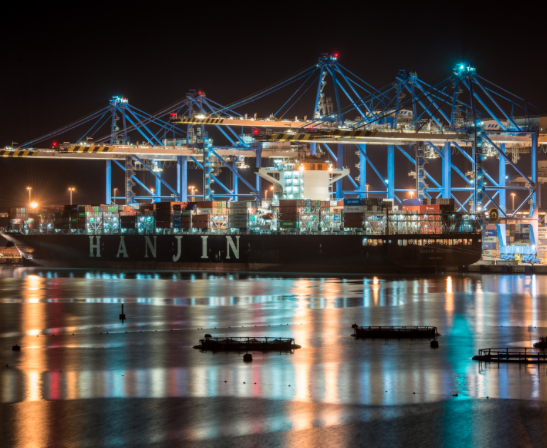By Thomas Vitsounis
We are living in difficult times and if another shipping line goes bankrupt in a few months’ time, people can’t escape from that.
Also, with consolidation happening more and more, these dangers and risk profiles will be increased for terminal operators. However, once a port realises a crisis could be coming up, it’s a case of being well prepared to micro-manage the effects of the crisis and make the right decisions.
Here, technology is coming into play. With more information in hand and more sophisticated analysis and tools, ports should be able to get plenty of good insight in advance. If they have the right tools in place to be the first to realise something is happening, that gives them time to be better armed than the competition. That could make a big difference.
Ports and terminals could better protect themselves by looking at the whole supply chain system from a higher level – offering more customer-oriented services rather than standardised services, and gaining more control of the supply chain so that they are not relying solely on shipping lines for their income.
Ports and terminals could better protect themselves by looking at the whole supply chain system from a higher level – offering more customer-oriented services rather than standardised services, and gaining more control of the supply chain so that they are not relying solely on shipping lines for their income.
Terminal operators would also do well to develop more sophisticated portfolios in order to diversify their risk. Some ports are so obsessed with containers that they overlook the fact that there are so many cargoes and freight out there where you can actually make solid growth, and that there are other really good connections – Europe and Africa, for example – and not only Asia.
Thomas Vitsounis views were first published @PortStrategy













